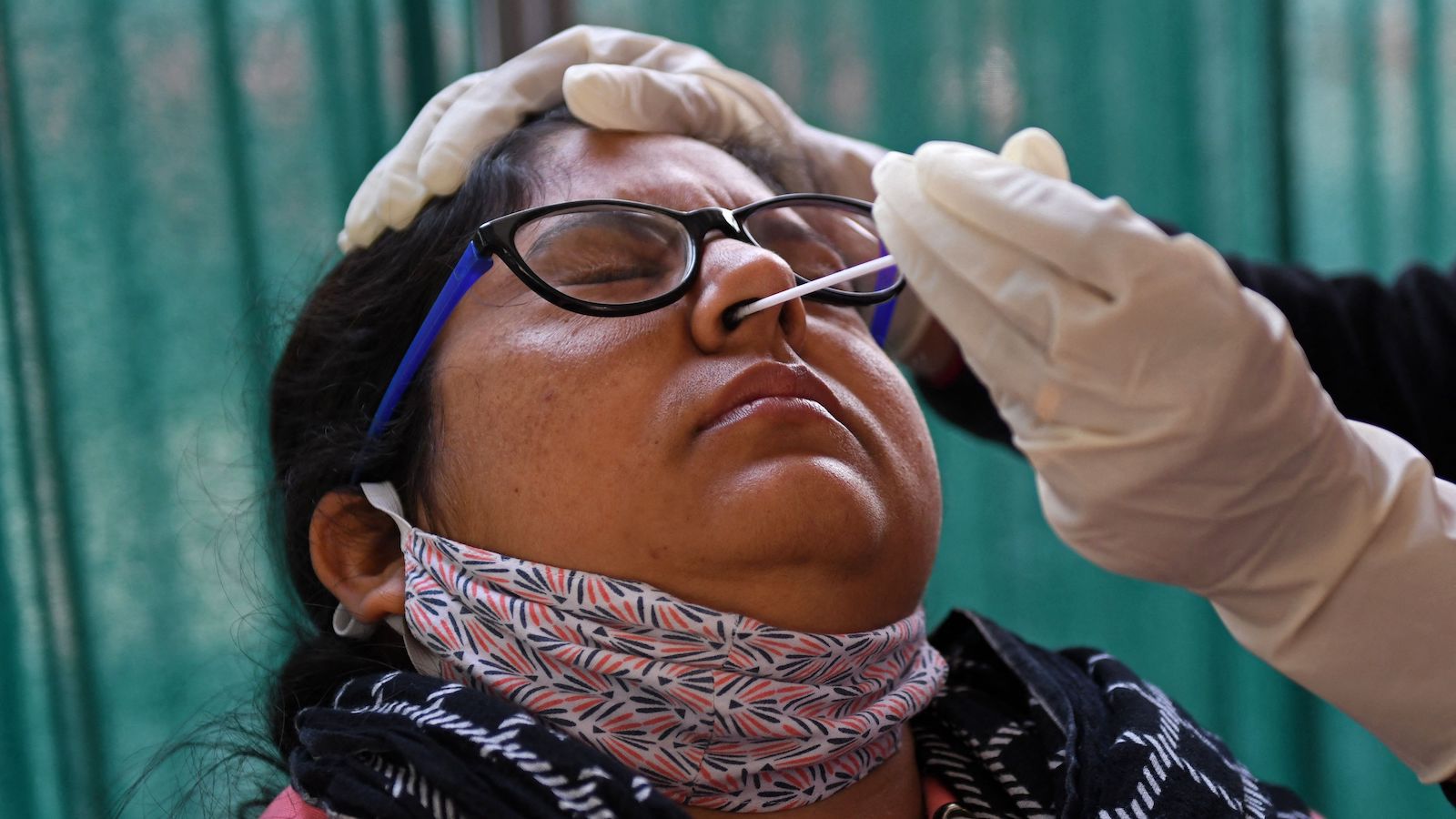If you have been in contact with a person infected with covid-19, you will surely want to get tested for the disease.
Given this and the scarcity of some tests, who should be tested? And which is the most convenient? Dr. Elmer Huerta explains us in this episode.
You can listen to this episode on Spotify or on your streaming platform. podcast favorite, or read the transcript below.
The ravages of the omicron variant of the new coronavirus
The omicron variant continues its advance across the planet and, according to its Epidemiological Bulletin of January 11, 2022, the World Health Organization reports that 58.5% of the samples sequenced in the world were omicron, which makes it the predominant variant on the planet.
The big problem with the omicron variant is that it is highly contagious. For this reason, many people, either because they woke up with suspicious symptoms of covid-19, or because they were in contact with an infected person, feel the need to get tested.
The big problem is that in many countries the tests are scarce and that is causing crowds. For this reason it is important to develop strategies for the rational use of tests.
Tests to detect covid-19
There are two main types of tests to find out if the virus is present in a person’s respiratory tract:
- PCR or molecular
- And the rapid diagnostic tests (RDT in English), whose main type is the antigen test.
Both have their advantages and disadvantages.
PCR, which is the gold standard for being the most sensitive for detecting the virus, requires sophisticated technology and is therefore not widely available. It is expensive and takes several hours to process, so your results may take a day or more.
For its part, the antigen test is much cheaper and faster, being able, like the home pregnancy urine test, to give a result in 15 minutes.
It is very important to understand that, under the premise that no test in medicine is 100% perfect, both tests have important limitations.
How to get free covid-19 tests in the US 2:19
The sensitivity of both tests
To understand these limitations, we must remember that diagnostic tests are evaluated by:
- Their sensitivity or ability to correctly identify positive cases in groups of truly infected people
- And because of its specificity, that is, its ability to correctly identify negative cases in people who do not have the infection.
The sensitivity of PCR is around 95%, that is, it only gives us a false negative result in 5% of cases.
For its part, the antigen test (especially when the person has no symptoms), only succeeds in being positive 40 to 70% of the time. This means that false negatives can be very high.
In general, knowing the limitations of the above tests, it is recommended that for symptomatic people, with a high viral load, the antigen test be chosen, as it is faster and cheaper; while PCR tests are more useful for asymptomatic contacts, with a lower viral load.
As mentioned, there are two groups of people looking for a test:
- Those symptomatic who want to know if they have covid-19
- And the asymptomatic ones who suspect they have been infected.
Knowing that covid-19 does not have a specific medical treatment, the main purpose of getting tested is that if it is positive, the symptoms of the disease are monitored and measures to protect the family and society are initiated, using high-quality masks. efficiency and isolating for a number of days that depends on the country in which you live.
To be tested or not for covid-19? medical keys 2:05
But what to do if the evidence is scant?
Given the scarcity of tests, and knowing that its result does not imply the start of any specific treatment against covid-19, many people wonder if a test is mandatory.
The answer is that, although it is true that the test is desirable to keep the statistics of a country up to date and for the emotional tranquility of a person, and in some countries to demonstrate to the employer that one is infected, it is not compelling need.
This is because when suspected of being infected or when respiratory symptoms begin, the person must, while looking for a test, assume that they are infected and initiate the recommendations that they will give them anyway if the test comes back positive. That is to say:
- Immediately notify your close contacts about your situation
- Start wearing KN95 masks
- And isolate yourself for the days that the country’s regulations regulate.
Recently, the Pan American Health Organization (PAHO) published an informative alert in which it recommends that people who should have preference to be tested fall into two main groups:
- People who develop respiratory symptoms and who, due to predisposing diseases, have a higher risk of hospitalization
- And workers faced with the need to carry out their work in person, such as health professionals
According to that document, PAHO does not recommend testing in asymptomatic individuals. This includes contacts of infected people, or in people who do it just to get out of isolation or to be able to enter public places.
With millions of infected people and a shortage of the test, it is very important to follow the instructions of the Ministry of Health of the country in which you live and to know that diagnostic tests, although it is true that they are important, since there is no curative treatment for covid -19 are by no means life-saving tests.

